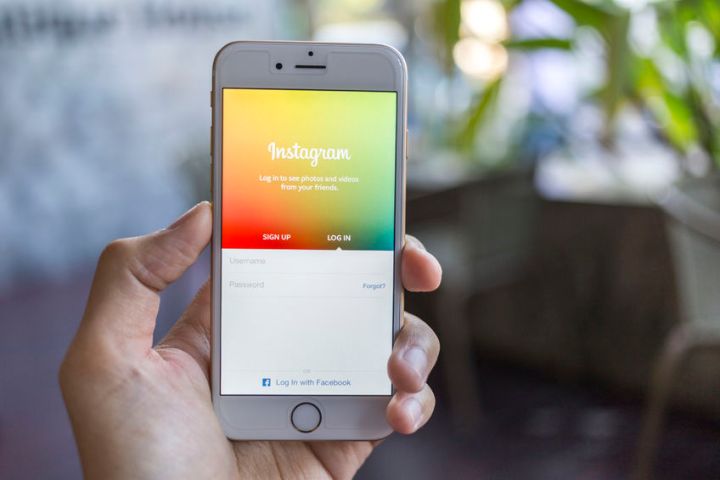
The group worked directly with the social media platform and downloaded images in multiple time frames, between 2013 and 2016, from near 44 cities around the world. Those search parameters resulted in about 100 million Instagram photographs to analyze.
The group of researchers, led by Kevin Matzen, Kavita Bala, and Noah Snavely, decided to look specifically for fashion trends based on time and location. To eliminate all the photos that were not related, the group first used facial-recognition technology to exclude all the photos that did not include people in them. Then, the group further filtered the results to include photos that included the upper half of the body (sorry, #toesinthesand). That left the group with about 15 million photos.
With the narrower selection of photos, the team developed an object-recognition program that recognized items of clothing, for example, determining a jacket from a sweater and a scarf from a necktie. The program also learned a number of descriptors, like sleeve length, color, and popular patterns.
Once the images were tagged, the group put the data through another program, this one designed to recognize patterns not in the clothes but in the data, churring out information on what clothing items were being paired with what, which trends were popular to which areas and how the trends changed over the three-year time period.
The group discovered oddities like black and brown popping up more often during winter and white and blue favoring the summer season. While the system was designed to recognize fashion trends, the technology has implications for future studies analyzing anthropological data over large areas and wide time frames with just some photos and programming.
“Imagine a future anthropologist with access to trillions of photos of people — taken over centuries and across the world — and equipped with effective tools for analyzing these photos to derive insights,” the team wrote. “What kinds of new questions can be answered? This problem area of data-driven visual discovery is still new, but is beginning to gain attention in computer vision and graphics.”
Editors' Recommendations
- Instagram and Messenger get more parental supervision tools
- Instagram’s new Notes feature rolls out with several others
- Instagram is building a ‘nudity protection’ tool for your DMs
- Instagram further restricts content for new accounts under 16
- TikTok adds Twitter- and Instagram-like content control tools




